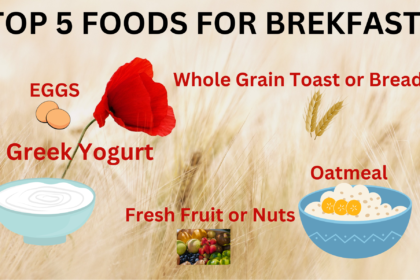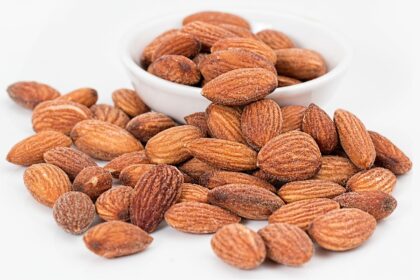healthy diet:
Making decisions about to eat a healthy diet that support your overall health, provide necessary nutrients, and assist in maintaining a healthy weight is considered healthy eating. Following are some fundamental guidelines for a healthy diet:
Balanced Diet:
To ensure you get a variety of nutrients, eat a variety of foods from all food groups.
The major food groups include fruits, vegetables, grains (preferably whole grains), lean proteins, and dairy or dairy alternatives.
Portion Control:
Portion control is important to prevent overeating. Pay close attention to the serving sizes listed on the nutrition labels, and use measuring devices as required.
Veggies and Fruits:
Aim to fill half your plate with fruits and vegetables. Fiber, antioxidants, vitamins, and minerals are in great abundance in them.
Choose a variety of colors to ensure a diverse intake of nutrients.
Whole Grains:
Opt for whole grains like brown rice, whole wheat bread, quinoa, and oats. They provide more fiber and nutrients compared to refined grains.
Lean Proteins:
Choose lean sources of protein, such as poultry, fish, lean cuts of meat, tofu, legumes (beans and lentils), and low-fat dairy or dairy alternatives.
Avoid consuming too much processed or red meat because they may raise your risk of developing certain diseases.
Healthy Fats:
You can include avocados, nuts, seeds, and olive oil as examples of sources of healthy fats in your diet.
Limit saturated and trans fats found in fried foods, pastries, and some packaged snacks.
Limit Added Sugars:
Minimize the consumption of sugary beverages, candies, desserts, and foods with high sugar content.
Keep an eye out for hidden sugars on food labels that go by names like sucrose, high fructose corn syrup, and cane sugar.
Limit Sodium (Salt) Intake:
Choose low-sodium or salt-free substitutes, and season food with herbs and spices rather than salt to cut down on your sodium intake.
Hydration:
To stay hydrated, sip on water frequently throughout the day. Limit sugary drinks and excessive caffeine intake.
Meal Planning:
Plan your meals and snacks in advance to make wiser decisions and steer clear of impulsive, less nutrient-dense selections.
Cooking Methods:
Instead of frying, use healthier cooking techniques like baking, grilling, steaming, or sautéing.
Minimize the use of unhealthy cooking oils and butter.
Moderation:
Consume indulgent foods and treats in moderation. Occasional treats can be part of a healthy diet.
Listen to Your Body:
Pay attention to your body’s signals of hunger and satiation. Eat when you’re hungry, and stop when you’re satisfied.
Dietary Restrictions:
If you have any specific dietary restrictions or allergies, make sure you are meeting your nutritional needs with alternative food options or supplements.
Seek Professional Guidance:
Consider speaking with a registered dietitian or healthcare professional for individualized dietary advice if you have particular dietary concerns or medical conditions.
Making sustainable food decisions that are in line with your own health objectives and preferences is what constitutes healthy eating, rather than adhering to a rigid diet. For optimum health and well-being, it’s crucial to develop a balanced and pleasant eating strategy that you can stick with over time.




